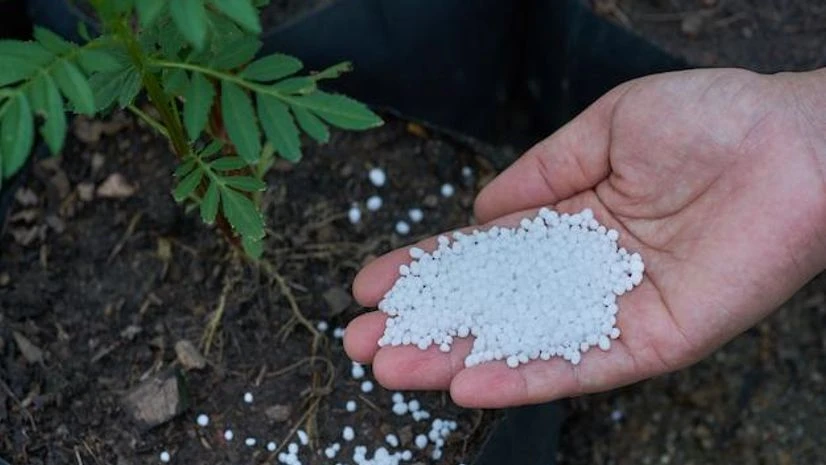India's urea production has increased to 284.95 lakh tonnes last fiscal from 225.08 lakh tonnes in 2014-15, the government informed Lok Sabha on Friday.
In written replies, Minister of State for Chemicals and Fertilisers Bhagwanth Khuba said the central government ensures adequate availability of urea to meet the requirements of states/Union Territories.
To increase the availability of urea through indigenous sources, the Centre announced New Investment Policy (NIP) - 2012 to facilitate fresh investment in the urea sector and to make India self sufficient in the sector.
"A total of 6 new urea units have been set up under NIP - 2012, which together have added 76.2 lakh tonnes per annum in the existing indigenous urea production capacity of the country.
"In addition, Government of India also introduced the New Urea Policy (NUP)-2015 on 25th May, 2015 with one of the objectives of maximising indigenous urea production. As a result, the indigenous production of the country increased from 225.08 lakh tonnes in 2014-15 to 284.95 lakh tonne in 2022-23," Khuba said.
Also Read
The minister also said that the gap between demand (requirement) and production of fertilizers is met through imports.
Under the Urea Subsidy Scheme (USS), urea is provided to the farmers at a statutorily notified Maximum Retail Price (MRP).
Besides, under the Nutrient Based Subsidy Policy, a fix amount of subsidy is notified on annual/semi-annual basis, which ensures availability of P&K fertilizers at reasonable prices to farmers.
Urea is imported on government account. However, all P&K (phosphatic and potassic) fertilizers (DAP, MOP and NPK) are covered under Open General License (OGL) under the Nutrient Based Subsidy (NBS) Scheme and they are imported by the fertilizer companies on commercially viable terms.
According to the data, imports of urea fell to 75.8 lakh tonnes in 2022-23 from 91.36 lakh tonnes in the previous year.
Imports of Di-ammonium phosphate (DAP) rose to 65.83 lakh tonnes from 54.62 lakh tonnes, while the inward shipments of MoP fell to 18.66 lakh tonnes from 24.6 lakh tonnes. NPK imports increased to 27.5 lakh tonnes from 11.7 lakh tonnes.
(Only the headline and picture of this report may have been reworked by the Business Standard staff; the rest of the content is auto-generated from a syndicated feed.)

)
